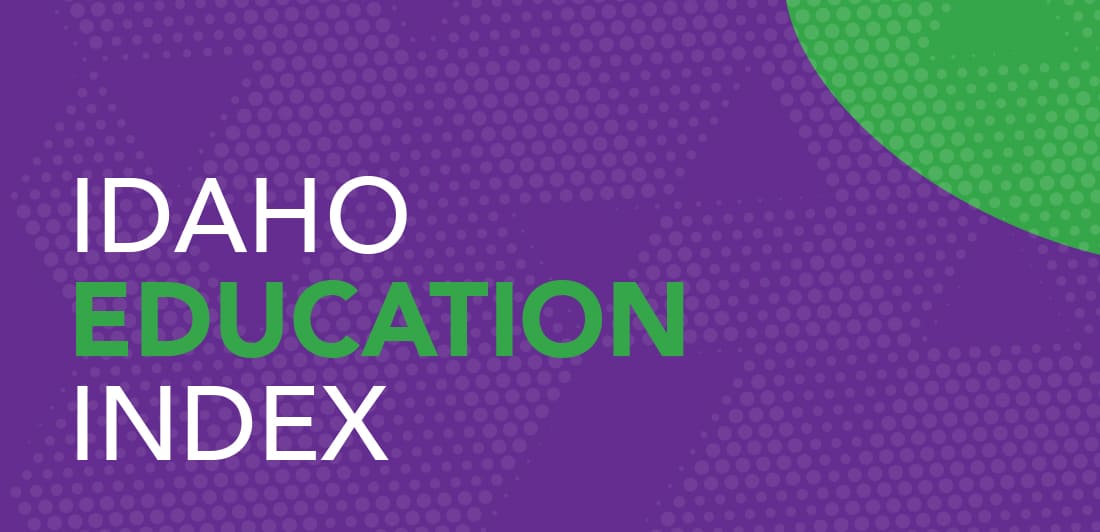


Bill Description: House Bill 196 would require schools to receive the permission of a student’s parent or legal guardian before that student takes part in any school club or organization. It would also obligate school boards to give parents a notice and description of all clubs or organizations that students may join.
Rating: +3
Analyst’s Note: A nearly identical bill, House Bill 680, was introduced last session and earned a rating of +3. The policies are the same in substance, so they merit an identical rating, but the analysis has been updated to more accurately reflect the rationale for this rating.
Does the bill create more transparency or accountability in public education institutions? (+) Conversely, does the bill reduce transparency and accountability in such institutions? (-)
House Bill 196 would create more transparency in public education institutions by requiring school boards to notify parents annually about the clubs and organizations open to students. The notification would need to include the name of each organization, its mission, its faculty adviser, and “a description of [its] past and planned activities.” School boards would also need to provide this same information to parents if any club or organization is created mid-school year.
(+1)
House Bill 196 would reinforce parental authority by requiring each club’s faculty advisor to receive express written consent from a student’s parent or legal guardian before that student “joins or participates in a school club or organization.” A student would not be allowed to participate in an organization without parental approval.
Parents have the fundamental right to direct the education and upbringing of their children. By requiring schools to notify parents and receive consent before students join clubs, House Bill 196 would help make school districts more accountable by requiring them to respect parental rights.
(+1)
Does the bill reinforce the idea of equal treatment under the law, merit, individual responsibility, personal agency, and expectations of academic excellence? (+) Conversely, does the bill allow for any type of discrimination against, or grant preferential treatment to, any individual or group for any purpose on the basis of race, sex, color, economic class, ethnicity, national origin, geographic area, legacy status, or other identity group? (-)
House Bill 196 would reinforce the idea of equal treatment under law by requiring school boards to treat all student clubs equally. Under the proposed law, school boards would not be allowed to “deny a religious, political, or ideological student club or organization official recognition or any benefit or privilege available to any other school club or organization or otherwise discriminate against such a club or organization based on the expression of the club or organization.” A school board would not be allowed to discriminate against any club or organization that requires its members or leaders to affirm certain beliefs, comply with specified standards of conduct, or promote its stated mission.
(+1)


